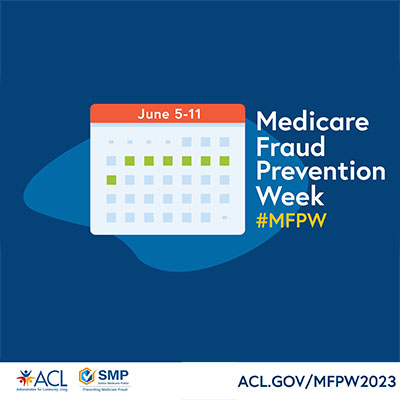On July 4, 2025, the President of the United States signed an extensive budget reconciliation bill that will bring extraordinary pain upon millions of families across the nation. This bill will take health coverage and food access away from millions of the most vulnerable people across the country in order to give the wealthiest people massive tax cuts. The bill signed by the President will be detrimental to the economy and will bring the most direct harm to low- and middle-income families, including Massachusetts residents.
MassBudget President Viviana Abreu-Hernández, PhD, issued the following statement:
“This Billionaire Bailout Bomb bill targets millions of individuals and families already struggling by eliminating their healthcare and food support in order to help the rich get richer. Not only is it inhumane but it is also fiscally irresponsible, raising the national debt limit by over an estimated $3 trillion dollars over the next decade.
The bill signed by the President on July 4th also extends tax cuts that overwhelmingly benefit the wealthiest in the country. According to an analysis of the bill from Institute on Taxation and Economic Policy (ITEP), the wealthiest top 1% by income will receive $1.02 trillion dollars in tax cuts over the next decade. During that same period, there will be $930 billion in cuts to Medicaid, which provides health care access to low-income individuals and families.
It is important to put this bill in context because it is part of a larger national agenda, commanded by the President, that intentionally targets the most vulnerable people. Current estimates forecast that around 300,000 in Massachusetts could lose health coverage due to changes in Medicaid and the Affordable Care Act. Our partners at Massachusetts Law Reform Institute (MLRI) estimate that 150,000 Massachusetts residents are at risk of losing some or all of their household’s Supplemental Nutrition Assistance Program (SNAP) due to the changes in this bill, leaving families unable to afford groceries. "













